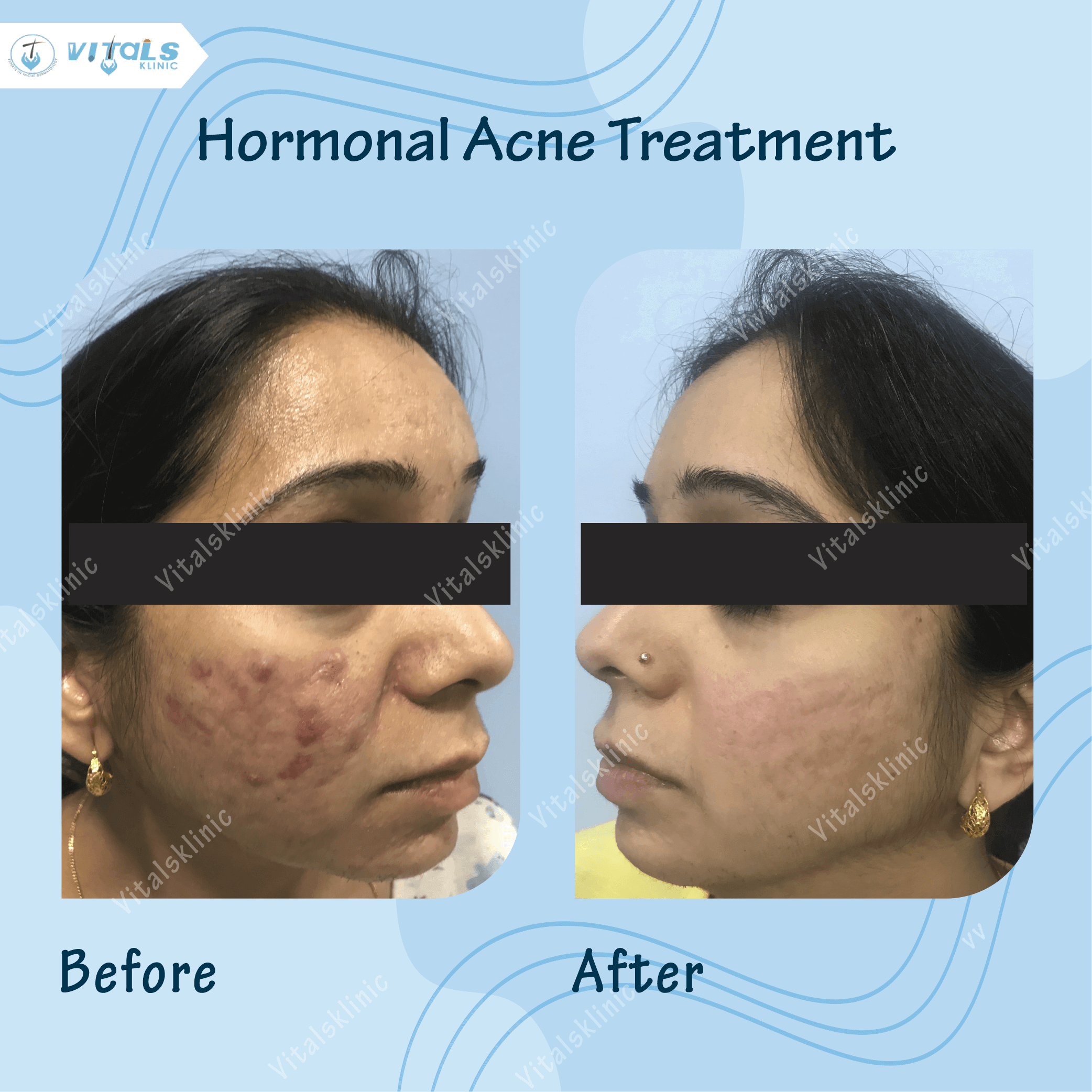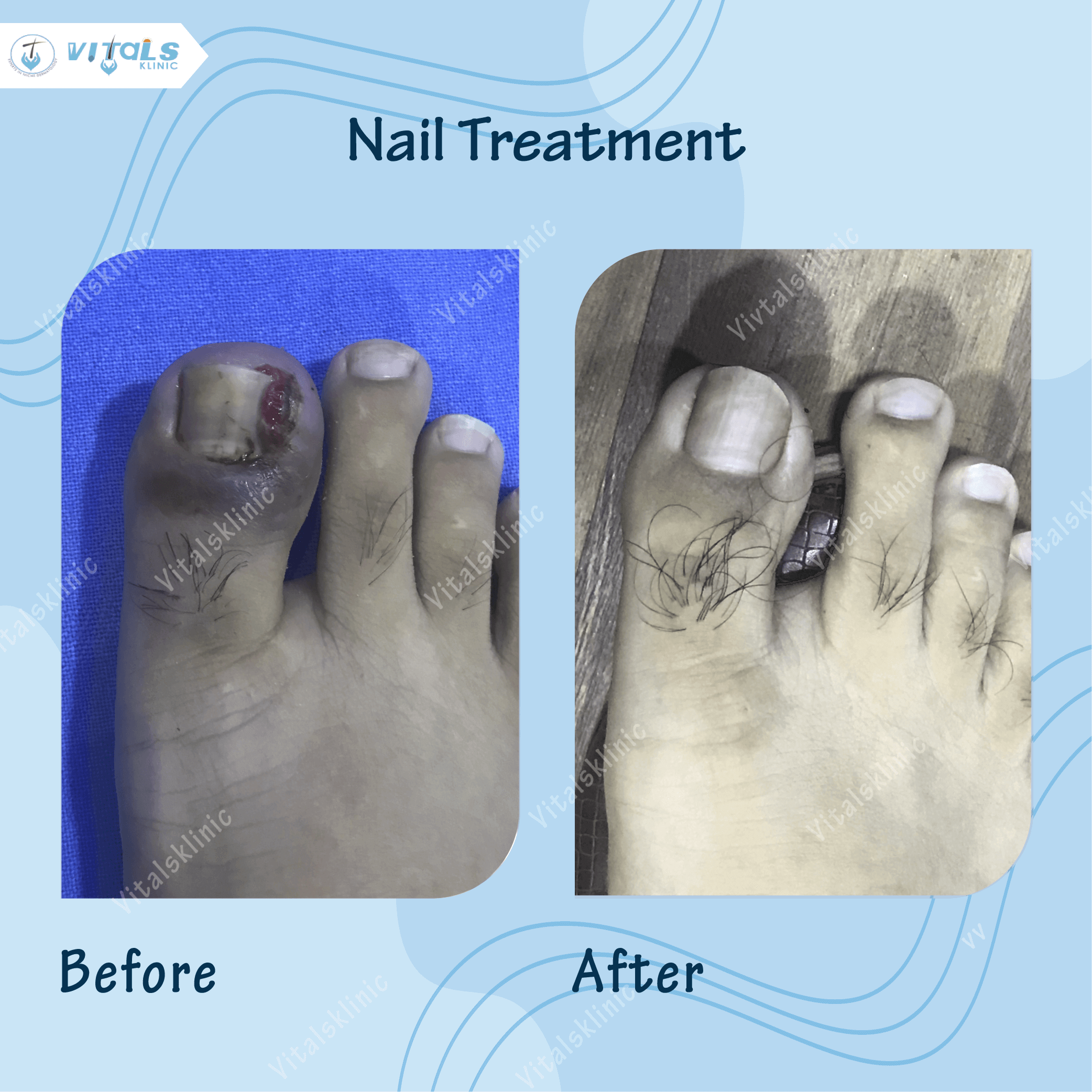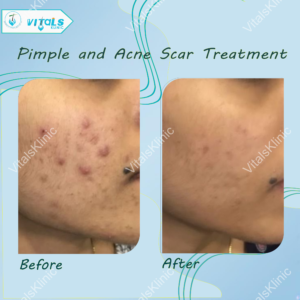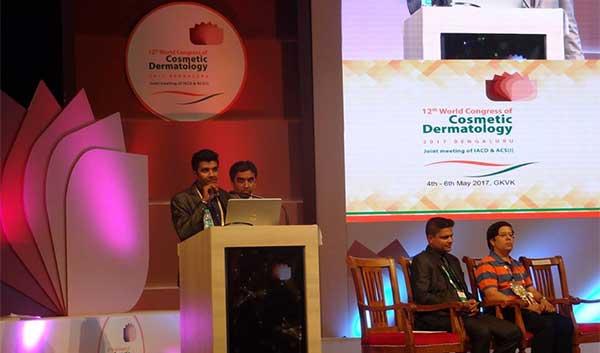By clicking "Book Your Slot" you agree to our Terms and Conditions and privacy policy
Book Your Slot
By clicking "Book Your Slot" you agree to our Terms and Conditions and privacy policy
Book Your SlotAcne Treatment in Bangalore
What is Acne / Pimple Treatment
Acne, commonly known as pimples, is a skin condition that develops when the skin pores are blocked. The skin has small openings or pores that are connected to oil glands. These oil glands secrete a substance called sebum. The skin pores and oil glands are connected through a canal called the follicle. Follicles have thin hair that grows out to the skin. The sebum collects the dead skin cell through the follicle to the surface of the skin. When these follicles get clogged up, pimples are formed resulting in the oil build-up. Acne/Pimple treatment in Bangalore provides the best treatment by our qualified dermatologist.
The sebum, hair, and skin cells cluster together into a plug causing bacterial infection and resulting in swelling. The most common area where pimples develop is on the face, neck, shoulders, and chest. If left untreated acne can cause scars on skin cells. So, acne treatment is a must.
Causes of Acne/Pimple
The main cause of acne is the rise in hormone levels called Androgen. The androgen hormone levels rise while reaching puberty. High levels of androgen trigger the oil glands to secrete more sebum in the oil glands. When the increased sebum can cause clogs in the pores and increase the risk of bacterial infection.
Other Reasons For Acne Include:
- Menstruation
- Stress
- Cosmetics
- Medication
- Excess intake of oily food
- Pollution and elevated humidity
- Genetic cause
Lifestyle Modifications To Prevent Acne
There are a few lifestyle modifications that are considered useful to treat and prevent acne. These include:
- Never squeeze a pimple – picking a pimple increase the chances of infection and mark scars on the skin.
- Cleaning and skin care – regular usage of mild cleansers and exfoliating masks help to open the pores and remove dead skin cells.
- Using antibacterial cleaners – helps kill bacteria with active ingredients from the cleanser
- Using astringent or toners – removes excess oil from the skin and slows down the oil secretion.
- Avoid excess sun exposure
When to Meet a Doctor for Acne Treatment
It’s best to consult a dermatologist at the onset or start of acne. Expert medical help will prevent the excessive spread of acne and scarring of the skin. Acne scars are permanent and will require scar reduction treatment. Prevention and control of Acne are the best methods. Acne and all skin-related diseases are treated in Bangalore, VitalsKlinic.
Best Treatments for Acne
Treatments Are Decided Upon The Cause and Severity of Acne by The Dermatologist.
Acne Treatment in Bangalore provides the best treatment by various methods:
- Medical management – Numerous topical antibacterial and retinoid ointments are available to treat clogged pores. Oral antibiotics and cortisone injections are administered depending on the severity of acne.
- Chemical peels – When topical acne treatments do not produce a satisfactory result, a dermatologist suggests chemical peeling. Chemical peeling is performed by applying a chemical solution to the acne-affected skin
- Laser treatment – Laser treatment is the fastest method to remove scars and wrinkles from acne-prone skin. Focused light beams are used to remove the scarred skin from the surface. Lasers have anti-inflammatory properties that reduce inflammation of the skin as well.
Our Services
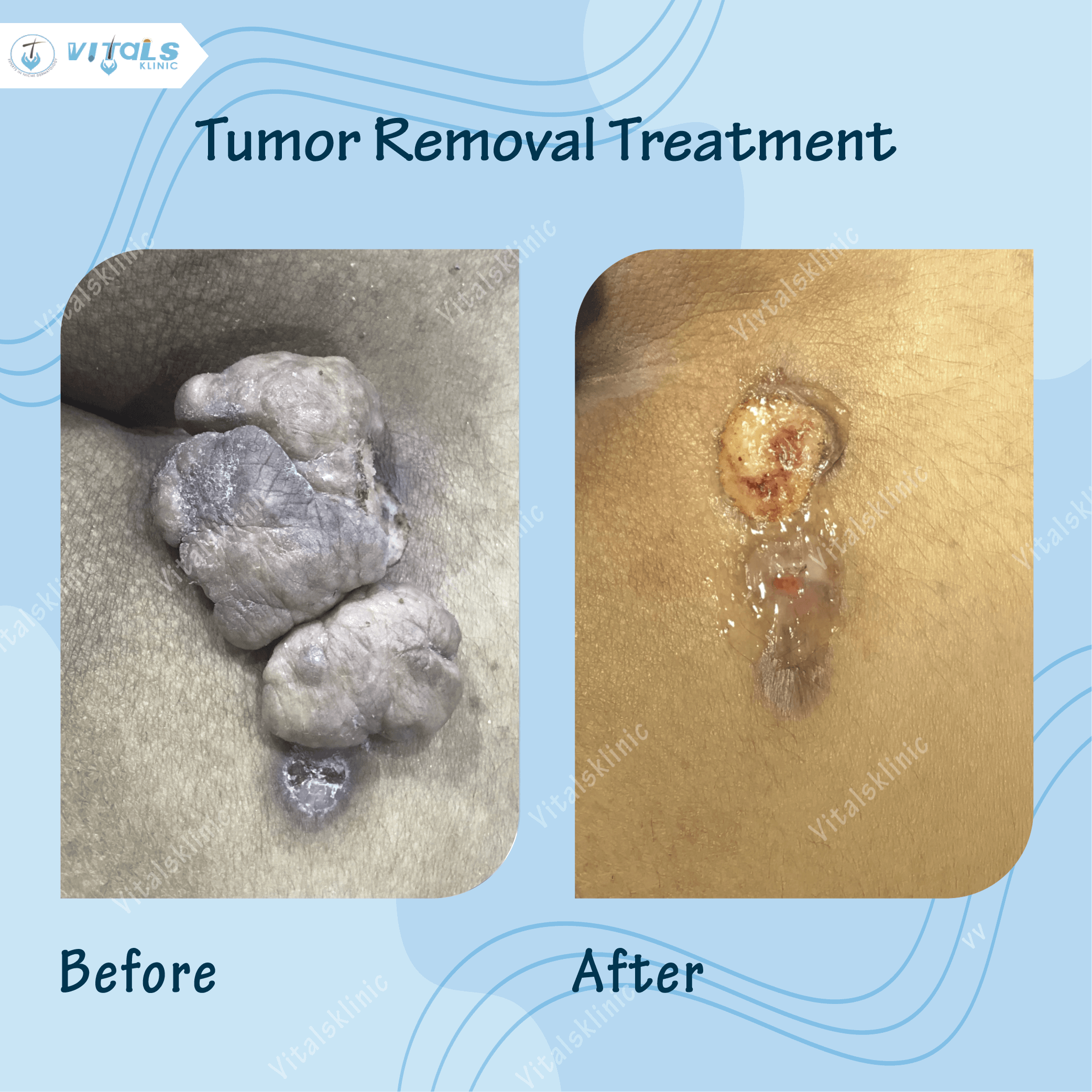
tumour removal treatment

